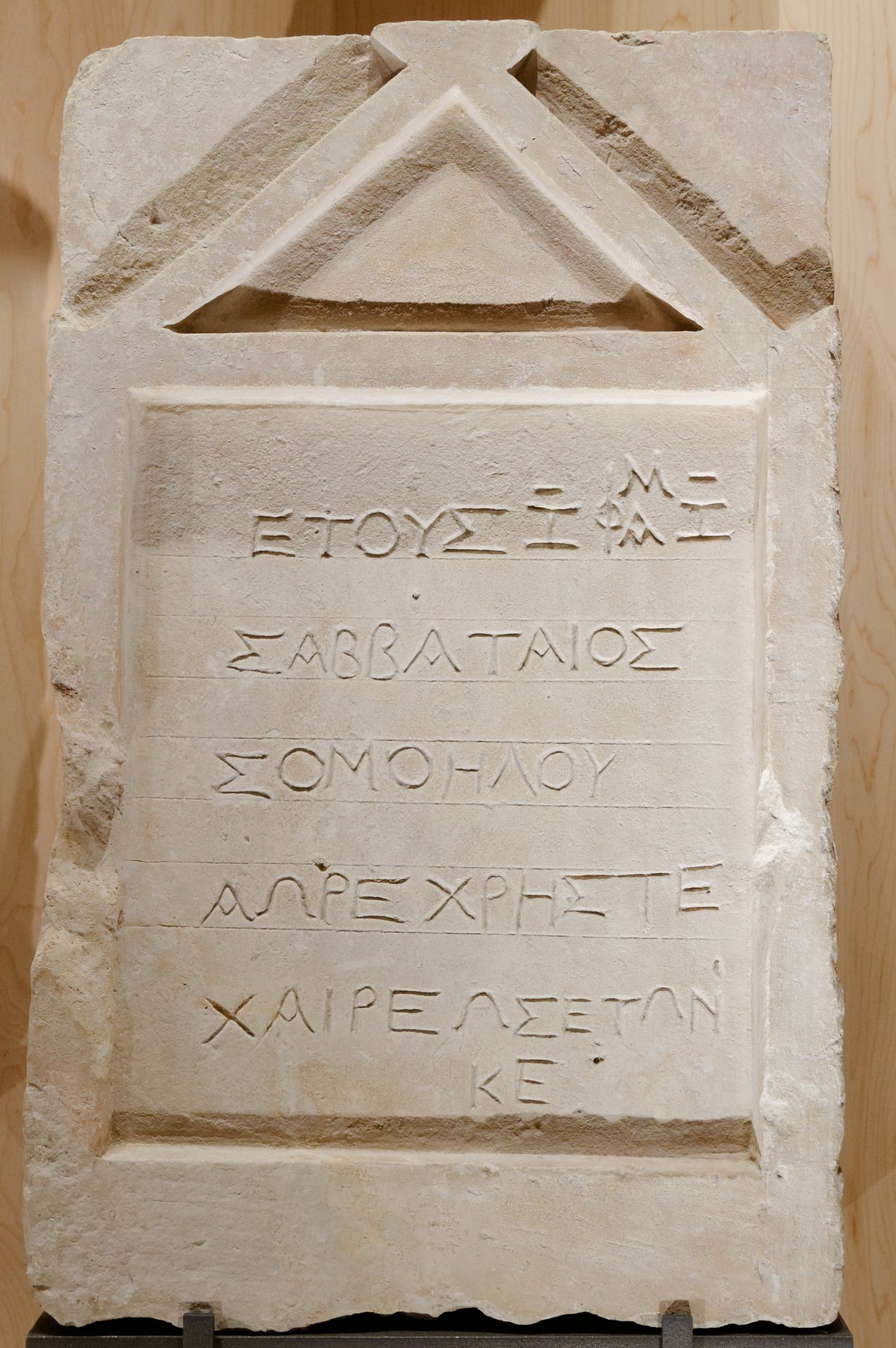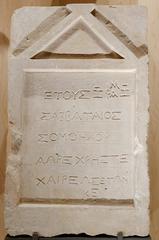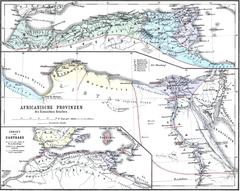
Leontopolis Visiting Hours, Tickets, and Guide to Markaz Bilqās Historical Sites
Date: 14/06/2025
Introduction: Discover Leontopolis in Markaz Bilqās, Egypt
Leontopolis, known in ancient times as Taremu (“Land of Fish”) and later as the “City of Lions,” stands as a remarkable archaeological and cultural site in Egypt’s Nile Delta, near modern-day Markaz Bilqās. Renowned for its millennia-old temples, lion worship cults, and rich layers of Egyptian, Hellenistic, Roman, Jewish, and Christian heritage, Leontopolis offers an immersive journey into the evolution of Egypt’s northern heartland. This comprehensive guide provides essential information on visiting hours, ticketing, accessibility, guided tour options, and practical travel advice, ensuring that your exploration is both rewarding and well-prepared.
Whether you are a history enthusiast, cultural traveler, or simply curious about Egypt’s lesser-known wonders, Leontopolis and the Markaz Bilqās region promise a tapestry of ancient ruins, vibrant local customs, and living traditions. For the most up-to-date visit planning and interpretive resources, consider downloading the Audiala app, and consult official tourism sources for current details (Wikipedia; Landioustravel; Audiala).
Contents
- Introduction
- Origins and Historical Overview
- Location and Archaeological Identification
- Visiting Hours and Ticket Information
- Accessibility and Visitor Tips
- Nearby Attractions and Guided Tours
- Cultural and Historical Highlights
- Practical Travel Information
- Responsible Tourism and Preservation
- Frequently Asked Questions
- Conclusion
- Sources
Origins and Historical Overview
Leontopolis was a significant urban and religious center in the Nile Delta, known in Egyptian as Taremu and later as Leontopolis (Greek for “City of Lions”). The city’s identity is closely linked to the worship of lion deities including Bastet, Sekhmet, and Maahes. During the Hellenistic and Roman periods, the tradition of keeping live lions within temple precincts set Leontopolis apart from other ancient Egyptian sites. Its history also includes a prominent Jewish community, the establishment of the Temple of Onias, and later, an important Christian metropolitan see (Wikipedia; World History Biz).
Location and Archaeological Identification
Leontopolis is identified with the archaeological site of Tell el-Muqdam (Tell el-Moqdam) in the Markaz Bilqās district, Dakahlia Governorate, at approximately latitude 30° 45′ N. Archaeological surveys and excavations have firmly established this location as the ancient city, with ruins spanning roughly 2 square kilometers. The site is accessible by road from Cairo and Alexandria, providing a manageable day trip for travelers interested in exploring the Nile Delta’s historic landscape (Landioustravel).
Visiting Hours and Ticket Information
- Opening Hours: Leontopolis is generally open daily from 8:00 AM to 5:00 PM, with last entry at 4:30 PM. Visiting hours may vary during Ramadan and on public holidays.
- Tickets: Entry fees are typically 50–120 EGP for foreign tourists, with discounts for students, children, and Egyptian residents. Tickets can be purchased onsite or, in some cases, via Egypt’s Ministry of Tourism online portal. Advance booking is recommended during peak tourist seasons (Egypt Ministry of Tourism).
- Guided Tours: Local guides with archaeological expertise are available onsite or through tour operators. Guided tours are highly recommended for in-depth historical context.
Accessibility and Visitor Tips
- Access: The site is reached by paved roads from nearby cities. Private transport, taxis, or rideshare apps like Uber and Careem are recommended for convenience and safety (Syd Abroad).
- Terrain: The site includes uneven ground and mudbrick ruins; sturdy footwear is advised. Accessibility for visitors with mobility challenges is limited, but arrangements can be made in advance through the visitor center.
- Photography: Permitted throughout most of the site, but always confirm with guides, especially near sensitive excavation areas. Drone usage requires prior authorization.
- Facilities: There are currently no formal amenities such as restrooms or cafés at Tell el-Muqdam. Bring water, sun protection, and snacks as needed.
- Best Time to Visit: October through March offers the most pleasant weather (20–25°C/68–77°F), with December and January as peak months (Lonely Planet; Where and When).
Nearby Attractions and Guided Tours
- Tell el-Yahudiya: Site of the Jewish Temple of Onias and distinctive Middle Bronze Age pottery.
- Tanis: Renowned for its temple ruins and royal tombs.
- Regional Museums: Artifacts from Leontopolis can be found in Mansoura and other local museums.
- Coptic Orthodox Monastery of Saint Demiana: A notable religious site reflecting the region’s diversity (Audiala).
Guided tours can be arranged that cover these sites, providing expert commentary and convenient transport.
Cultural and Historical Highlights
Temples and Lion Worship
Leontopolis’s temples were dedicated to Bastet, Sekhmet, and Maahes, with the city’s central role in the lion cult unique in ancient Egypt. Archaeologists have uncovered temple foundations, gate fragments, and ritual inscriptions, as well as animal necropoleis with remains of mummified lions and votive offerings (Pleiades).
Jewish and Christian Heritage
The Jewish Temple of Onias, established by Onias IV in the 2nd century BCE, underscores Leontopolis’s significance as a center for the Jewish diaspora outside Jerusalem. In the Christian era, it became a Metropolitan Archbishopric, maintaining its spiritual importance into the Byzantine period (World History Biz).
Archaeological Discoveries
Excavations have revealed city walls, an organized urban layout from the New Kingdom to the Greco-Roman period, necropoleis with anthropoid coffins, canopic jars, and ushabti figurines. Pottery finds, particularly “Tell el-Yahudiya ware,” reflect the site’s long occupation and artistic traditions (Landioustravel).
Practical Travel Information
Entry Requirements
- Valid passport (minimum six months’ validity).
- Visa required for most nationalities, available as an e-visa or on arrival (The Times).
Safety and Health
- The Nile Delta is generally safe, but follow international travel advisories and avoid border areas (UK FCDO).
- Comprehensive travel insurance is recommended.
- Drink bottled water and eat at reputable establishments (UK FCDO).
Money and Communication
- Egyptian Pound (EGP) is the local currency; carry small bills for local purchases.
- English widely spoken in tourist areas; basic Arabic phrases are helpful.
- Purchase local SIM cards for reliable communication.
Dress and Cultural Etiquette
- Dress modestly, especially in religious or rural areas; cover shoulders and knees.
- Women should carry a scarf for religious sites.
- Always ask before photographing people (DMCEgypt).
Responsible Tourism and Site Preservation
- Do not climb on or remove any archaeological remains.
- Support local communities by hiring guides and buying crafts directly.
- Respect site regulations and minimize environmental impact.
- Use the Audiala app for interpretive resources and real-time updates.
Frequently Asked Questions (FAQs)
What are the Leontopolis visiting hours?
8:00 AM – 5:00 PM daily, last entry at 4:30 PM.
How much are Leontopolis entrance tickets?
Typically 50–120 EGP for foreign tourists; discounts for students and children.
Are guided tours available?
Yes, through local guides and tour operators.
Is photography allowed at the site?
Generally yes, but confirm with guides for restricted areas.
Is Leontopolis accessible for people with disabilities?
Access is limited; contact the visitor center in advance for assistance.
How do I get to Leontopolis from Cairo?
By road, via Bilqās, about 90 km north of Cairo; use taxis or private drivers.
Conclusion
Leontopolis offers an unparalleled window into the Nile Delta’s ancient and diverse civilizations. With its temple ruins, lion cult legacy, Jewish and Christian connections, and vibrant local traditions, it stands as a must-see destination for those seeking to understand Egypt beyond its most famous monuments. By planning your visit around practical advice—such as visiting hours, ticketing, and guided tour options—and respecting both the archaeological site and local culture, you will ensure a meaningful, memorable journey.
Enhance your experience further by utilizing digital resources like the Audiala app and supporting responsible tourism initiatives. Leontopolis and Markaz Bilqās await your exploration—step into the “City of Lions” and discover the Delta’s enduring legacy.
Sources and Further Reading
- Wikipedia: Leontopolis
- Landioustravel: Ancient Egyptian Towns – Leontopolis
- Audiala: Markaz Bilqās and Leontopolis
- World History Biz: Leontopolis to Remu (Taremu)
- Egypt Ministry of Tourism: Leontopolis Official Information
- The Times: Travel Advice for Egypt
- DMCEgypt: Cultural Sensitivity and Tourism Sustainability
- Lonely Planet: Best Time to Visit Egypt
- Where and When: Bilqās Climate
- UK FCDO: Foreign Travel Advice – Egypt
- Syd Abroad: Egypt Tips for First Timers
- Pleiades: Leontopolis

